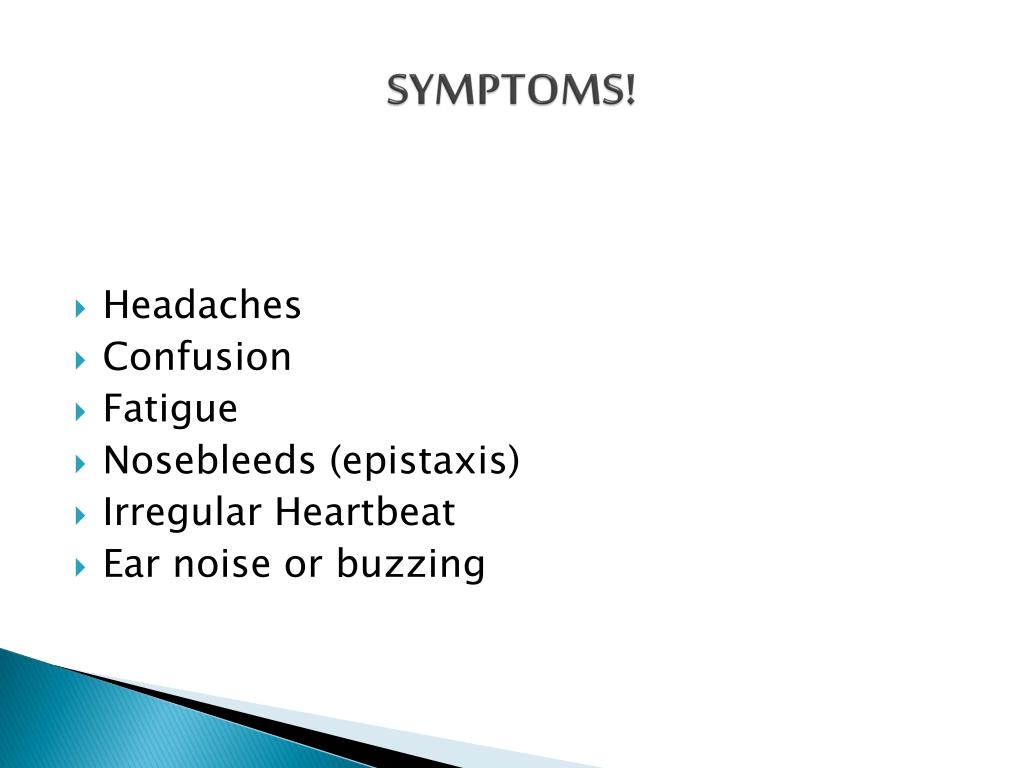

In order to treat the pulsatile tinnitus, the underlying cause must first be identified.

The patient’s medical history, audiogram (hearing test), and possible imaging procedures like a CT scan or MRI are used in combination to find a diagnosis. It is generally possible to identify the underlying cause of pulsatile tinnitus. It can, occasionally, be bilateral (affecting two ears) if the underlying cause is affecting blood flow to both ears. Pulsatile tinnitus usually is unilateral, meaning it only affects one ear. Tinnitus that cannot be detected by a clinician but is heard by the patient is considered to be subjective tinnitus, and tinnitus that can be detected by the patient and the clinician is considered to be objective tinnitus. Unlike non-pulsatile tinnitus, pulsatile tinnitus usually has an underlying cause because it is linked to the ear as well as a physical source of sound (i.e., a location in the body that has interrupted blood flow.) Some examples of these are: irregular blood vessels, high blood pressure, anemia, overactive thyroid gland, atherosclerosis, connection problems between arteries and veins, and less commonly, head and neck tumors. It is less common than non-pulsatile tinnitus and affects less than 10% of people. Pulsatile tinnitus (PT) is a condition with multiple etiologies or causes most of which are related to blood vessel disorders. Often, patients report that they may hear a “swooshing, thumping, or whooshing” sound. It can also be referred to as “physical tinnitus” or “somatosounds”. When individuals have circulatory system disorders, they may note that their tinnitus resembles a pulsating sound similar to a heartbeat. It is usually part of an underlying condition such as hearing loss, history of noise exposure, and even circulatory system disorders. Interestingly enough, tinnitus is not considered a condition itself. Tinnitus affects anywhere from 15-20% of people. Some individuals state that their tinnitus sounds like a ringing, buzzing, humming, hissing, roaring, or even a pulsating sound that resembles a heartbeat. To rule out other conditions, you may also have imaging (such as an MRI of the head and neck), CT scan, or an MRA to examine the arteries.Tinnitus is most commonly referred to as the conscious perception of a noise or sound in a person’s ear. The doctor will also look at your blood pressure, which can also affect tinnitus. For example, they may use a stethoscope to listen to areas on the neck and skull. Depending on the doctor you see, the exam may involve examining the ears, sinuses, and neck, in addition to overall health. If you have pulsatile tinnitus, it’s always best to have a doctor evaluate your symptoms. Additionally, high blood pressure means greater force as the blood travels through the vessels, resulting in an audible pulsing sound. Some individuals are more prone to pulsatile tinnitus due to their anatomy, such as the proximity of veins in relation to the ear. The tangled veins and arteries in and around the sinus area lend themselves, particularly to this effect. As the blood is sent through your veins and arteries with more force, the result is a pulsing sound that may follow your heartbeat. High blood pressure can cause tinnitus because it increases blood flow force through your veins and arteries, including those around your head, sinuses, and ears. How does high blood pressure cause tinnitus? For example, it increases the risk of cardiovascular diseases such as strokes and cardiovascular events.

This increased force on the vascular system has negative health consequences. It occurs when the force exerted by the heart on your arteries increases beyond normal levels.

How does high blood pressure affect the body? High blood pressure (HBP) is a medical condition characterized by increased force at which blood flows through your arteries and veins. It is considered high blood pressure when elevated above these levels (e.g., 130/80). What is high blood pressure?Ī normal blood pressure reading is 120/80 or below. The second number is diastolic blood pressure, which measures the pressure between heartbeats when the heart is relaxed. The first number is systolic blood pressure, which measures the pressure when your heart contracts to pump out blood. Blood pressure is measured in millimeters of mercury (mmHg) and is written as two numbers, such as 120/80 mmHg.


 0 kommentar(er)
0 kommentar(er)
